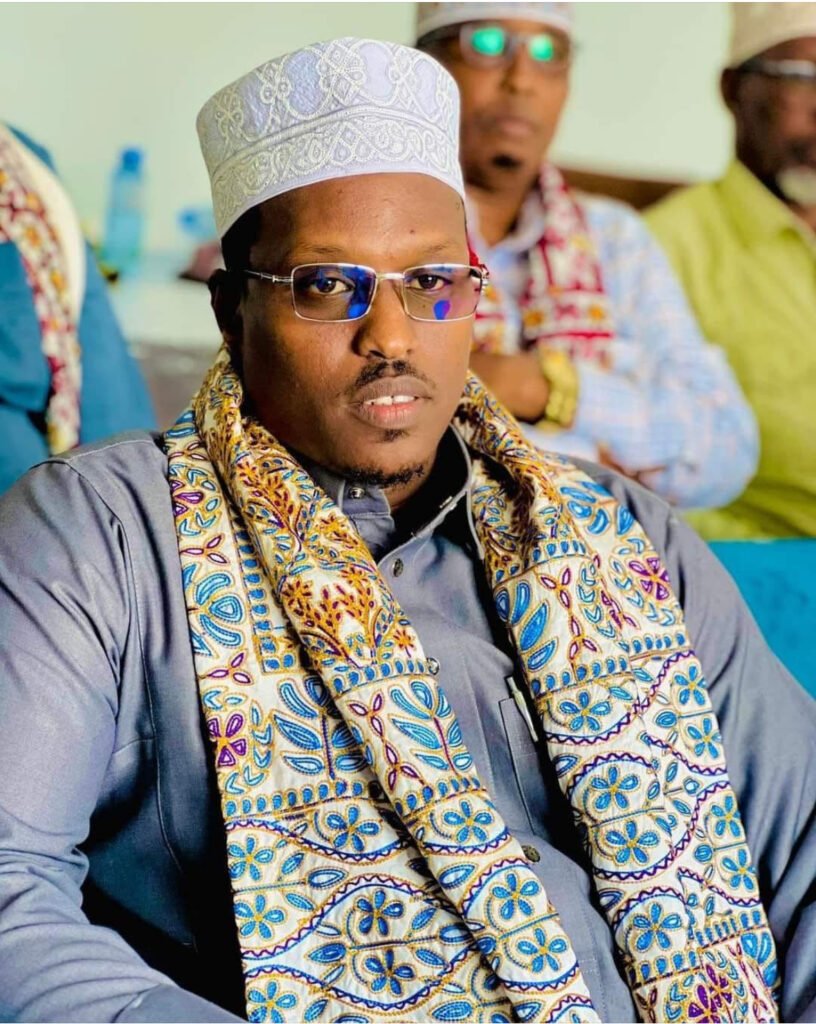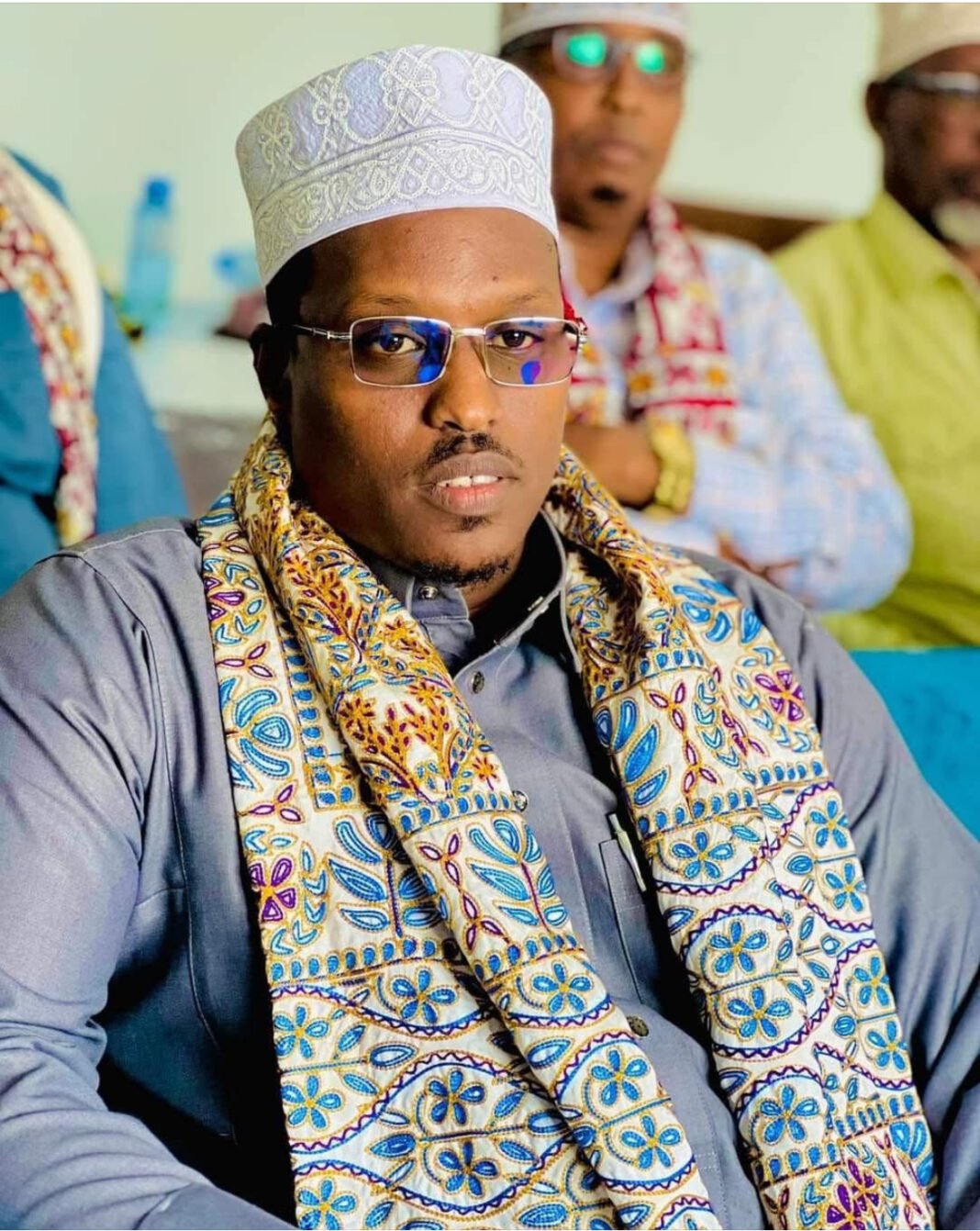By Horn Africa News Staff
Mogadishu — As Somalia continues to navigate its complex federal transformation, senior Hawiye elders are revisiting a major political proposal they put forward in 2014—one that was dismissed by the president at the time, yet now echoes in today’s developments with the official recognition of Khatumo State.

The elders, representing a wide array of Hawiye sub-clans—including traditional leaders and visited Villa Somalia in late 2014 during the final stretch of President Hassan Sheikh Mohamud’s first term in office. At that point, Somalia’s federal framework was still under development, with the South West and Hirshabelle states yet to be fully established.
During their meeting with the president, the Hawiye delegation proposed the creation of a new federal member state encompassing the two Shabelle regions along with parts of the Banadir region. They also advocated for Hiiraan to be established as an independent federal state.
Their proposal was inspired by a similar model previously backed by former President Sheikh Sharif Sheikh Ahmed. The elders also recommended that Galmudug remain unchanged under its existing structure.
However, their plan was firmly rejected. According to the elders, President Mohamud responded:
“If I allow the Hawiye clan to have three federal states, the Darood clan will pressure me to approve a Khatumo State, and I will be forced into doing so. Therefore, accept what I am proposing now.”
Feeling dismissed and disheartened, the Hawiye elders left Villa Somalia with a sense of political marginalization and unmet calls for equitable representation.
Now, ten years later, the same president—back in office for a second term—has formally recognized Khatumo State.
This move has prompted renewed reflection and frustration within the Hawiye community, raising questions about the political decisions of the past.
“Why was our proposal rejected then, but today it’s acceptable?” questioned Wabar Mohamed Wabar Ahmed Wabar Abdi, a respected traditional leader of the Baadicade clan. “Shouldn’t what was denied to us yesterday be corrected today in a just and inclusive manner?”
Despite lingering grievances over the past, the Hawiye elders have openly welcomed the formation of the new Khatumo administration and extended their full support, wishing the new state peace and progress.
“The sole purpose of my message is to remind us of our collective history—so that we can learn from what happened before, and fix what was mishandled,” Wabar Mohamed added.
As Somalia continues its journey toward a more inclusive federal structure, many see this moment as a crucial opportunity to address historical imbalances and ensure a fair distribution of political power among all clans and regions.
“Why was the elders’ proposal rejected back then, but today it’s being accepted?” said Wabar Mohamed Wabar Ahmed Wabar Abdi, the traditional leader (Wabar) of the Baadicade clan. “Shouldn’t what was denied to us yesterday now be corrected in a fair and inclusive way?”





